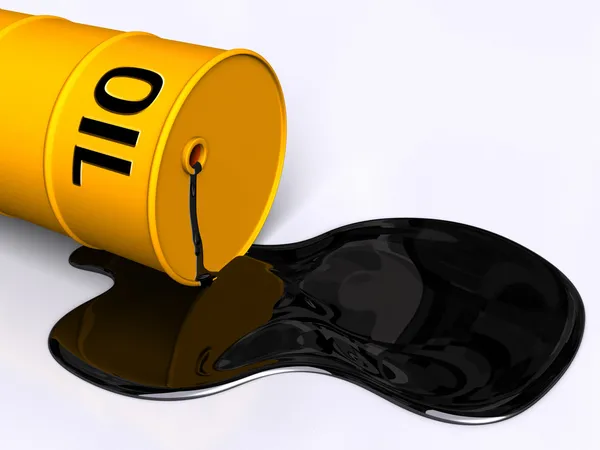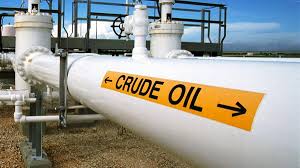Vienna, June 4, 2023 – Nigeria’s prospect for high crude oil production improved on Sunday has OPEC and non-OPEC members have agreed to allow Nigeria to continue producing maximally to meet its OPEC quota in 2023.
This concession was granted to two other African countries, Congo and Angola, at the 35th Joint Ministerial Monitoring Committee Meeting of OPEC held in Vienna, Austria, on Sunday.
The concession granted to the three African countries was in spite of the general agreement by the member countries to cut production volumes in order to maintain ensure oil market stability.
Nigeria, Congo and Angola have also agreed that the highest production volumes of the last six months from November 2022 to April 2023 should be used for the determination of their 2024 production quota.
A statement by the Nigerian Head of delegation to the OPEC meeting said by this development, Nigeria could ramp up its production up to its current quota of 1742KBD and subsequently be capped at 10 percent less as its 2024 quota subject to verification by independent secondary sources.
The statement said the Nigerian delegation was confident that the ongoing security intervention under the leadership of President Bola Ahmed Tinubu would enable the restoration of country’s production to the 1580KBD crude oil only and would be complimented by condensate of about 400KBD.
“This will ultimately enable Nigeria’s crude oil and condensate production of about two million barrels per day in 2024,’’ the statement added.
Crude Oil prices were already trading up ahead of the meeting, but increased even more on Friday afternoon, bringing Brent crude to $76.32 at 4:20 p.m., a $2.06 per barrel increase on the day.
WTI was trading at $71.90 per barrel at that time.
Meanwhile, Saudi Arabia has volunteered to make deep production cuts in July as part of a broader output-limiting OPEC+ deal as the group faces flagging oil prices and a looming supply glut.
Saudi Energy Minister Prince Abdulaziz said the cut of 1 million barrels per day (bpd) by Riyadh could be extended beyond July if needed. “This is a Saudi lollipop,” he said.
OPEC+, which groups the Organization of the Petroleum Exporting Countries and allies led by Russia, reached a deal on output policy after seven hours of talks and decided to reduce overall production targets from 2024 by a further total of 1.4 million barrels per day.
However, many of these reductions will not be real as the group lowered the targets for Russia, Nigeria and Angola to bring them into line with their actual current production levels.
By contrast, the United Arab Emirates was allowed to raise output.
OPEC+ pumps around 40% of the world’s crude, meaning its policy decisions can have a major impact on oil prices.
OPEC+ already has in place a cut of 2 million bpd agreed last year and amounting to 2 percent of global demand.
In April, it also agreed a surprise voluntary cut of 1.6 million bpd that took effect in May until the end of 2023.
Saudi Arabia said on Sunday it would extend its portion of voluntary cuts of 0.5 million bpd into 2024.
It was not clear if the July reduction of 1 million was on top of 0.5 million bpd or the latter would be included in the July reduction.
The April announcement helped to drive oil prices about $9 per barrel higher to above $87, but they swiftly retreated under pressure from concerns about global economic growth and demand.
On Friday, international benchmark Brent settled at $76 per barrel.
Western nations have accused OPEC of manipulating oil prices and undermining the global economy through high energy costs.
The West has also accused OPEC of siding with Russia despite Western sanctions over Moscow’s invasion of Ukraine.
In response, OPEC insiders have said the West’s money-printing over the last decade has driven inflation and forced oil-producing nations to act to maintain the value of their main export.
Asian countries, such as China and India, have bought the greatest share of Russian oil exports and refused to join Western sanctions on Russia. (GBN)




